The vast majority of people, especially those who have never been through the personal injury claims process before, are not exactly well-versed in the complexities of insurance law. A successful personal injury case relies upon a number of key elements, one of which is establishing liability. Liability refers to a party’s legal responsibility for a particular civil wrong that has occurred.
Duty Of Care:
To determine whether there is liability or not, you must first determine that the other party owed a duty of care and that they breached that duty. For example, every driver owes a duty of care to operate their vehicles in a reasonably responsible manner so as to avoid the risk of causing a traffic accident. This duty is owed to fellow motorists and their passengers, bicyclists, as well as pedestrians. Drivers should refrain from careless or reckless driving, which could consist of speeding or texting while driving, and they should ensure their vehicle is in a reasonably maintained condition. If they fail to do so, it is likely that they have breached their duty of care and may be held liable to some degree for any resulting accidents.
Comparative Negligence:
Florida, like most of the country, uses a comparative negligence system. This means that the plaintiff can still seek damages even if some portion of fault is attributed to them. In these shared liability situations, the plaintiff’s compensation is reduced by their own percentage of fault. Florida used to have a pure comparative negligence system, in which plaintiffs could seek damages from another party even if the plaintiff was primarily at fault. Florida has recently switched to a modified comparative negligence framework, which allows plaintiffs to seek damages from another party only so long as the percentage that they were at fault is not higher than 50%. In other words, plaintiffs can no longer bring forth injury claims if they are primarily responsible for an accident. In many situations, it is not always clear who is primarily at fault for an accident. If you have the misfortune of ending up in a car accident, it is imperative that the police are called so a report can be made. This is often crucial in proving liability to an insurance carrier when it is not obvious who caused the accident, as they will tend to deny claims where there is no police report and their only version of events is based on the word of their insured.
Contact Us Today
Proving liability is one of the first steps to building a successful personal injury case. If you or somebody you love was injured due to someone else’s negligence, call Rosenblum & Mayer to consult with an experienced Florida personal injury attorney today.

